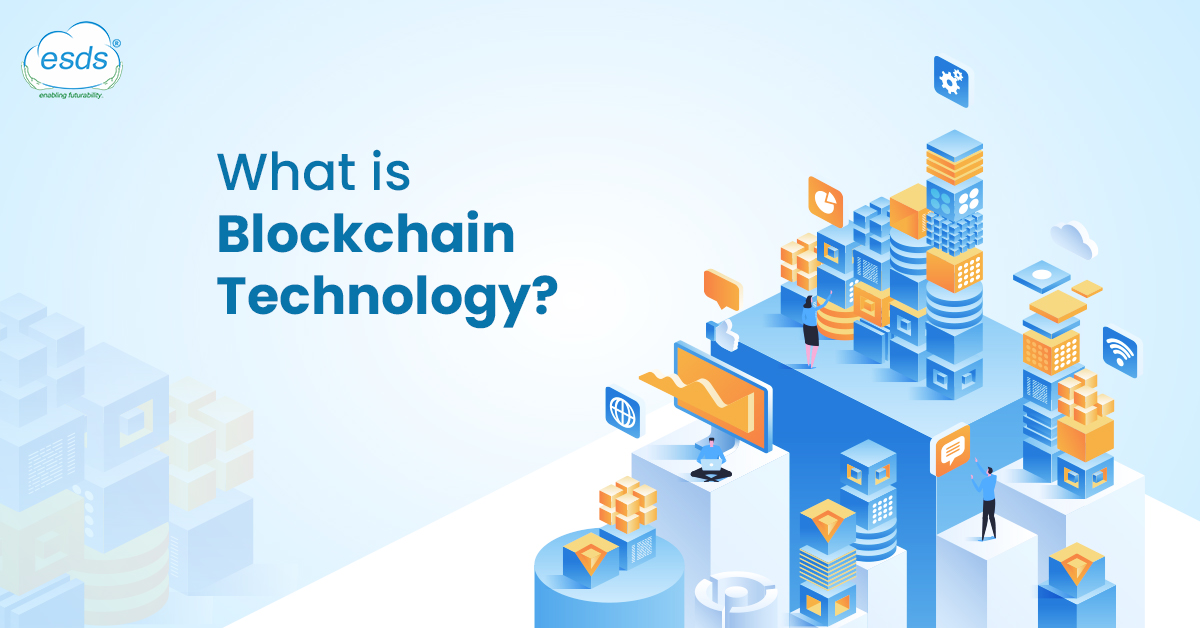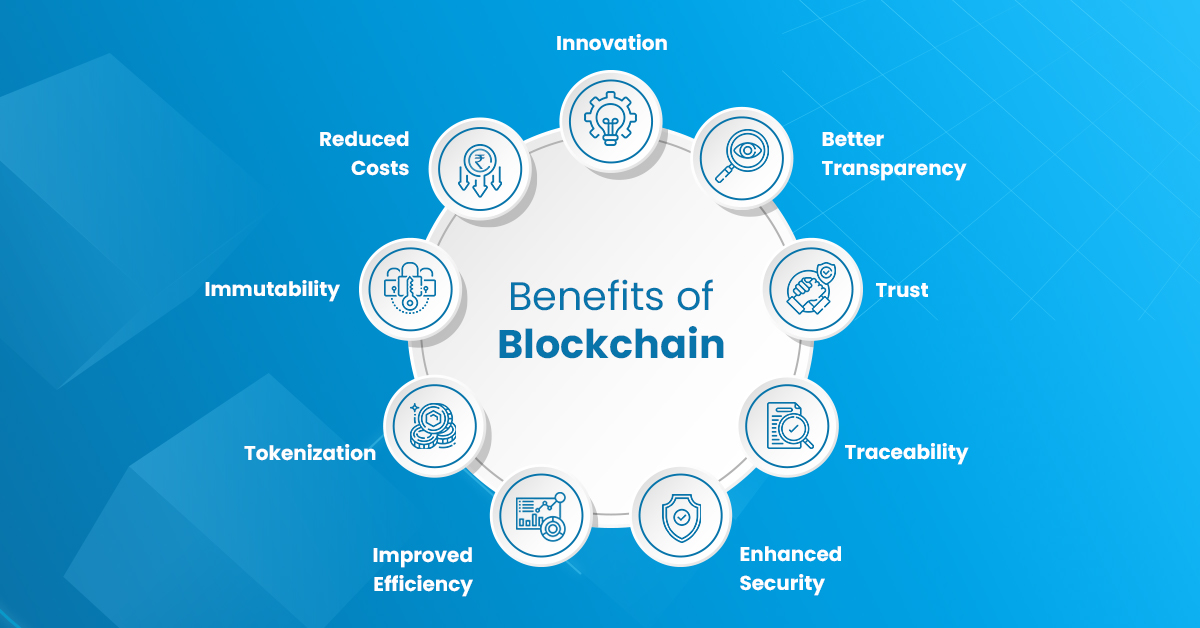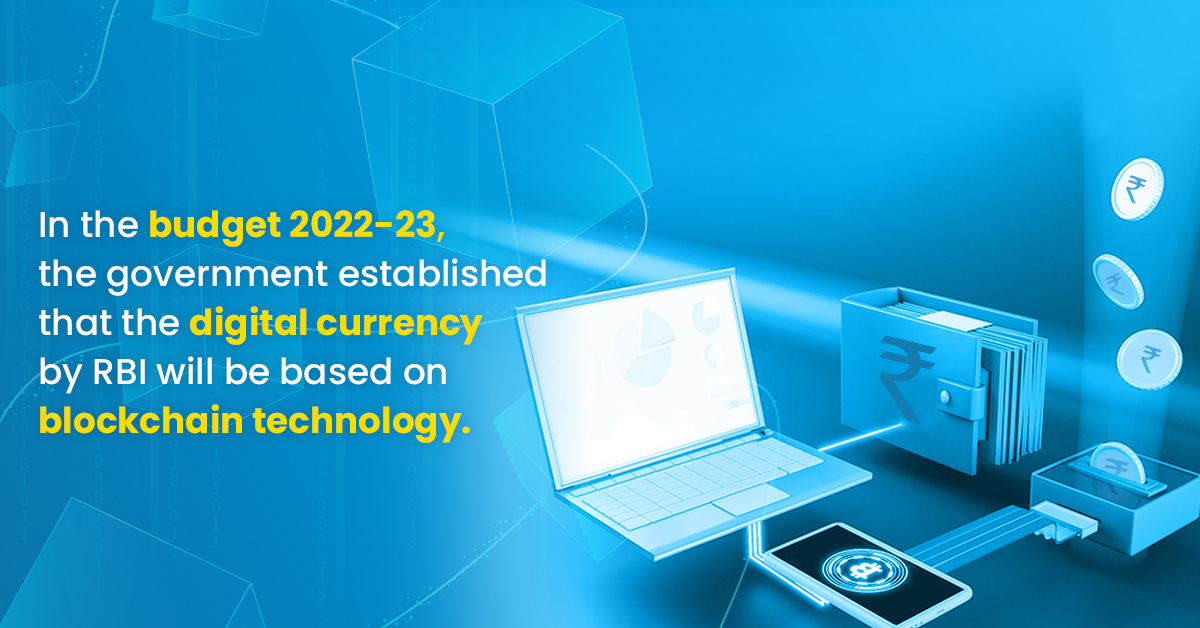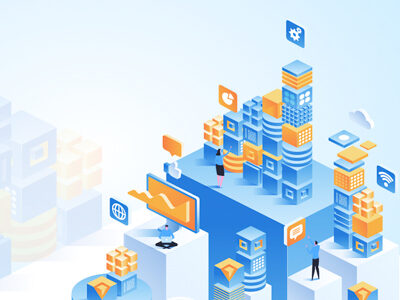Blockchain Technology: What is Blockchain? Benefits of Blockchain and what the future holds

Blockchain Technology – Overview
Blockchain, at times referred to as Distributed Ledger Technology (DLT), is a record of any digital asset unchangeable and transparent through the use of decentralization and cryptographic hashing. Blockchain technology is simply defined as a decentralized, distributed ledger that records the provenance of a digital asset. The integral design ensures the data on a blockchain is unable to be modified, therefore making it a reasonable disruptor for industries such as cybersecurity, payments, online transactions, and healthcare.
To understand blockchain technology, let’s simplify it this way – when we create a Google Doc and share it with a group of people, the doc isn’t copied or transferred, instead, it is distributed amongst the group. This is a decentralized distribution chain that gives access to everyone at the same time. We have heard about the term blockchain many times, but we never gave weightage to it. It is surely a technological marvel with extensive effects on not only the financial services market but also on numerous businesses and industries. The digital currency by RBI will be based on blockchain technology.
Benefits of Blockchain
Better Transparency
With blockchain, any business or organization can adopt a complete decentralized network, dismissing centralized authority, and improving the system’s transparency.
Reduced Costs
Organizations can now effectively reduce costs associated with 3rd party vendors. As blockchain dismisses inherited centralized players, there is no need to pay for any vendor costs.
Trust
Blockchain enables trust between diverse entities where trust is nonexistent. As a result, these entities are agreeable to engage in business dealings that involve transactions or data sharing that they may not have done otherwise or would require an intermediary.

Traceability
Blockchain enables companies to focus on creating a supply chain that works with vendors as well as suppliers. The traditional supply chain makes it hard to trace items that can lead to numerous hitches that include theft, counterfeit, or even loss of goods.
Enhanced Security
Blockchain creates a permanent record of transactions with end-to-end encryption, which terminates fraud and any kind of unauthorized activity.
Immutability
Immutability means that transactions, once recorded on the blockchain, can’t be changed or deleted. In the blockchain, all transactions are timestamped and date-stamped, making it a permanent record.
Improved Efficiency
Everything is stored in a decentralized ledger makes it easier for everyone to trust each other. Blockchain with its data storage provides a highly efficient process with trust and transparency.
Tokenization
Tokenization is the process where the value of a digital or physical asset is converted into a digital token that is then recorded on and shared via blockchain. Tokenization has geared up with digital art and other virtual assets.
Innovation
Front-runners throughout various industries are discovering and employing blockchain-based structures to solve obstinate problems and improve long-lasting burdensome practices.

Future of Blockchain
Blockchain Technology is not only for securely transferring cryptocurrencies; but outside of finance, it can be used in industries such as insurance, healthcare, voting and counting, gambling, welfare benefits, as well as performer royalties. Blockchain technology is greatly impacting businesses and the current society on many stages. The global and the Indian economy is preparing for the blockchain insurgency. This technology definitely looks like a game-changer in the IT ecosystem. As Gartner reported, many upcoming and innovative companies will adopt this tech, and out of which at least one business that uses this advanced technology will be worth $10 billion by the end of this year, 2022. By 2025, blockchain would add a business value that will grow over to $176 billion.
This will further rise up to $3.1 trillion by 2030. It solely shows the potential of groundbreaking technology. One of the supreme points of the projected framework is that the Ministry of Electronics and Information Technology (MeitY) has identified 44 key areas, almost for every sector from pharma, healthcare, education, farming, and energy. Apart from this, e-governance will branch out greatly as the government has planned a long list of potential applications for reliable delivery of such services to the citizens. Additionally, in Budget 2022, Hon. Finance Minister Nirmala Sitharaman confirmed that the Reserve Bank of India will issue a digital rupee soon. The digital currency by RBI will be based on blockchain technology.
- Data Center Services and Its Different Types - May 31, 2022
- How AI with Machine Learning is changing the Future of Construction - March 15, 2022
- Blockchain Technology:What is Blockchain? Benefits of Blockchain and what the future holds - February 8, 2022

Amazing Blog Thanks for sharing. Blockchain Applications API Integrations is a perfect solution for implementing cryptocurrency payment functionalities and blockchain has APIs for wallets, payment processing, etc. If you are interested to become a blockchain application developer and build smart instructs and chain codes, check out Appcodemonster for Blockchain Technology.